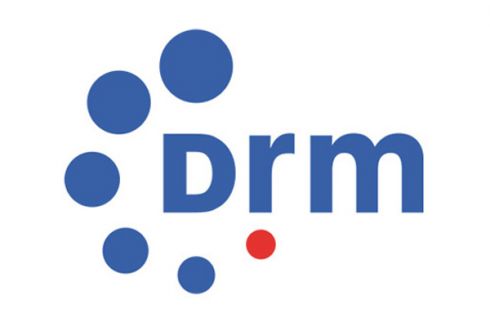
NEW DELHI: The Emergency Warning Features (EWF) of the DRM system will be featured in a special broadcast included in the IRDR Trial to coincide with the Media Summit on Climate Change in Jakarta, Indonesia.
The aim of the trial - special programmes, carried by twelve important broadcasters, is to demonstrate that shortwave broadcasting has a unique value for affected populations and that the existing framework of global shortwave coordination can be employed for disaster risk purposes.
The meet is being held from 4 to 6 June and the demonstration will be on 5 and 6 June.
Special clear channels have been selected for the IRDR Trial and there will be transmissions from a number of different broadcasters and sites between 7.30am and 5pm, each day of the Media Summit.
The DRM Consortium have produced a 30 minute-long programme explaining the benefits of the DRM EWF which can be heard on the BBC/Babcock transmissions on 15650 kHz at 8.30am – 9am, 9.30 –10am and 10.30 – 11, on both 5 and 6 June.
The special DRM radio programme explains what the inbuilt emergency functionality of DRM is and how alarm signals generated by authorities can override running programmes and carry the emergency message instantly to large numbers of people. The DRM special broadcast will be an inviting introduction to the DRM presentation and demonstration to be given by Alexander Zink, Vice-Chair of the DRM Consortium (and Senior Business Development Manager, Fraunhofer IIS, Germany) on 6 June in the morning, at the Media Summit on Climate.
"During emergencies and times of crisis, most of the services fail", says DRM Consortium chairman, Ruxandra Obreja. "Radio is the last line of communication and the obvious solution for bringing information to the people. We are very excited to have our first radio broadcast on the in-built emergency disaster functionality of DRM during such an important event like the one in Jakarta," he added.